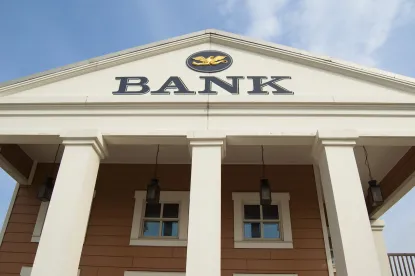On June 3, 2020, the Ninth Circuit Court of Appeals issued its decision in N.L. v. Credit One Bank holding that a bank’s placement of 189 automated calls to an unintended recipient violated the Telephone Consumer Protection Act (TCPA). Over a period of four months, Credit One Bank’s vendors placed calls to a cell phone belonging to eleven-year-old “N.L.” Credit One was attempting to collect past-due payments from a customer who had previously provided consent to be called at that number. But, unbeknownst to the bank, the customer’s cell phone number had been reassigned to N.L.’s mother, who let N.L. use the phone as his own.
Notwithstanding this mix-up, the Ninth Circuit found that the consent of the third-party debtor could not immunize Credit One from liability for its calls to N.L. This is because the TCPA only exempts from liability automated calls made with the “prior express consent of the called party.” Agreeing with the Third, Seventh, Eleventh, and D.C. Circuits, the Ninth Circuit held that the consent of the person it intended to call did not exempt Credit One from liability under the TCPA. Accordingly, the district court properly instructed the jury that consent from the intended recipient of the call was not sufficient.
The panel also held that, following Marks v. Crunch San Diego, LLC, 904 F.3d 1041 (9th Cir. 2018), the district court properly instructed the jury on the definition of an “automatic telephone dialing system” as equipment that has the capacity to either store numbers to be called or produce random or sequential numbers to be called. Even though the N.L. Court acknowledged the circuit split on the ATDS issue, it proceeded to state that “the definition of ATDS includes a device that stores telephone numbers to be called, whether or not those numbers have been generated by a random or sequential number generator.”
The N.L. decision reminds TCPA litigants in the Ninth Circuit of two important truths. First, prior express consent must come from the party to whom the phone number is currently assigned. Second, Marks is not going anywhere unless the Supreme Court, Congress, or the FCC addresses the ATDS circuit split. Perhaps clarity will come in the Supreme Court’s forthcoming Barr v. AAPC opinion, expected later this month.





 />i
/>i
